Are You Ready?
Terry Nelson 11.04.20

Are you ready? That question was the theme at this year’s shooters retreat, held at the Felix Canyon Ranch in southeastern New Mexico. The annual event is held for the benefit of our students that have an ongoing interest in maintaining shooting skills. Many of these students have been attending for the last eight to ten years. On top of that, most have been regular students throughout the years. Our goal this year was to put the past defensive training and taught shooting skills to the test, along with other lifesaving knowledge, tourniquet use for example.
With the current state of affairs around the country, the quest of readiness is or should be on everyone’s mind. I would challenge you to ask yourself, am I ready? It is a bit perplexing to me, that dedicated students continue to train, and agree that training is beneficial and should be done. But when the time comes to actually put some of that training or doctrine to use in a course that is reality based it would appear many have not kept up with taught skills since previous training sessions. In many cases those training sessions were literally months or even a year ago.
All defensive and preparedness skills are perishable and should constantly be updated, practiced and refined. Keeping your skills honed in the skills of defensive living may well be worth your time in today’s world. Let’s take a look at some categories of training for the everyday defensive lifestyle.
The gun itself
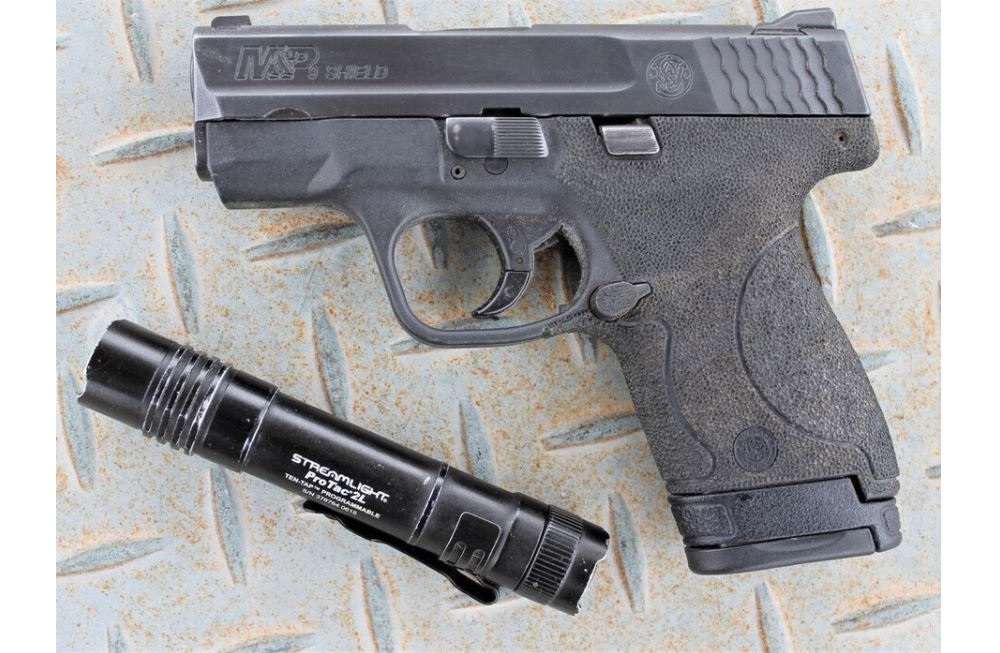
No surprise here. Shooting skills, to include concealed carry methods and options are under constant refinement in my realm. Developing and maintaining good concealment techniques and efficiency of drawing your handgun takes continued practice. Drawing from concealment and making defensively accurate hits on target with your handgun in quick times is the goal. Do you ever train in dim light conditions and do you carry a flashlight? You should. Do you carry a carbine style firearm in your vehicle on a daily basis? Is it accessible and ready within the confines of your local laws? I believe in carbine carry in a vehicle on a daily basis, something you may want to consider.
Emergency medical
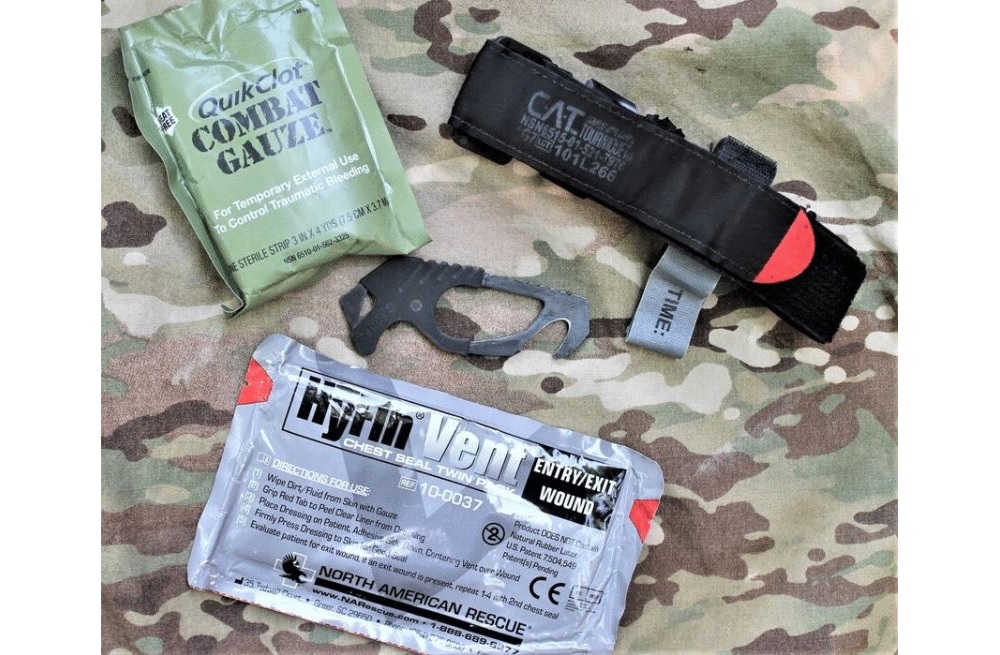
I like the phrase “last ditch medical”. This training is intended to deal with grievous bleeding events no matter the cause. Most often we are talking a situation where emergency services cannot reach you or others in adequate time. This skill set teaches the use of tourniquets, pressure bandages, occlusive dressings for penetrating chest wounds, and establishing an airway. It is not your everyday basic first aid or CPR, although you should include those topics in your training regime as well. I carry a tourniquet every day, you should too. A discussion of this topic is included in all gun courses I provide. A more in-depth course on this critical topic is available in many locations around the country.
Reality based training
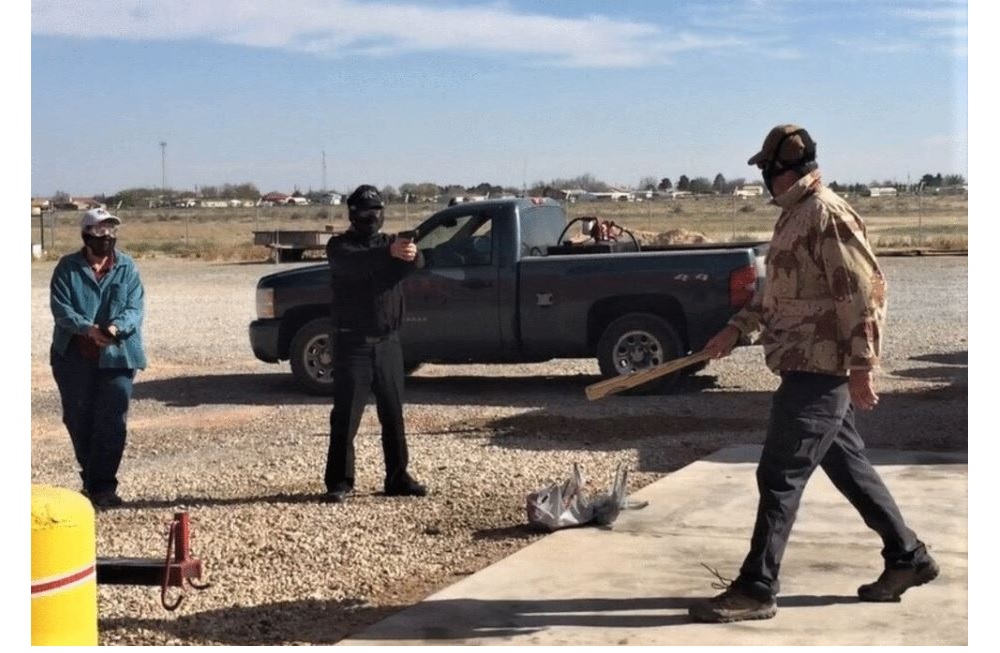
While this area of training is most often associated with gun carry and self-defense, at its core it is based on decision making and taking action while under stress. In other words, mental tenacity. I have been involved with this type of training for many years in law enforcement and military venues. It continues to be a core subject when teaching civilians. There is no better method of training for sharpening your mental and physical reaction if forced into a high-stress incident. It will help clarify your thinking and reaction time in the real world. Highly recommended!
Combatives

Very few confrontations escalate to the level of the use of a firearm. In fact, you should seek to avoid any and all confrontation if at all possible. However, realizing that a skill set in hands on combatives (to include blade work) may in fact be critical and unavoidable in some situations makes this training worth the effort. Research training techniques by highly qualified folks such as Thomas Kier, Kyle Defoor, and Bill Rapier and attend one of the courses they offer that provides a blend of gun and combatives. It will be well worth your effort.
Wilderness & Urban survival
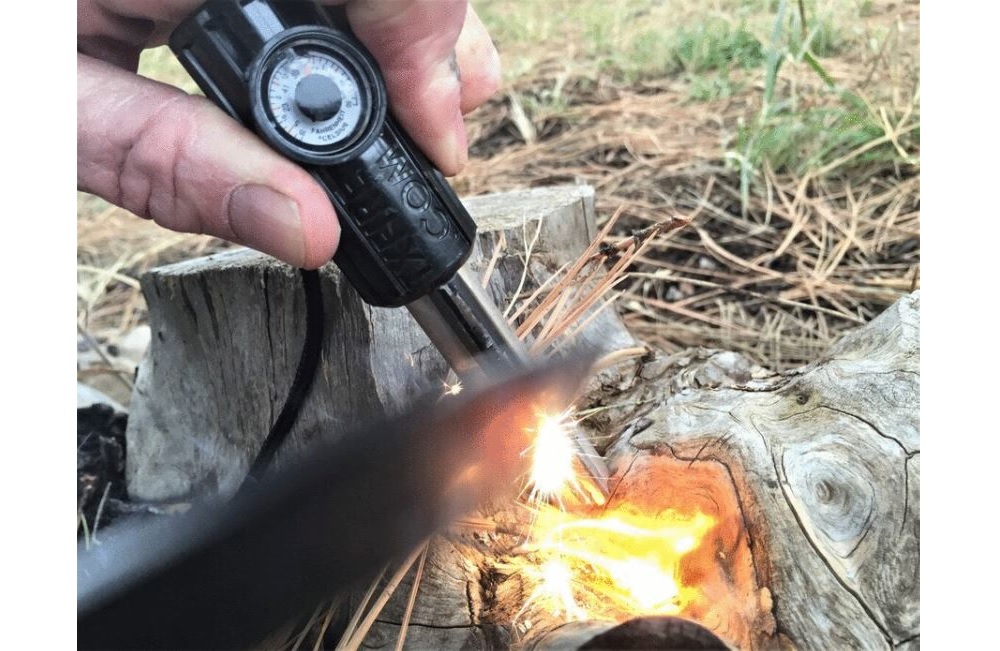
How much time do you spend traveling in or through remote areas? Or perhaps most of your days are spent in and around a large city. In a backcountry environment you should be well versed fire making, shelter building, finding water, and food procurement, among other skills. In a highly populated urban environment, you’re more exposed to civil unrest, blackout conditions and an immediate lack of resources during a time of turmoil. You cannot be too well-trained in either of these disciplines. Where to look for training in these realms? Kevin Reeve owner of “On Point Tactical” offers some excellent training to address your skill set in these arenas.
Fitness
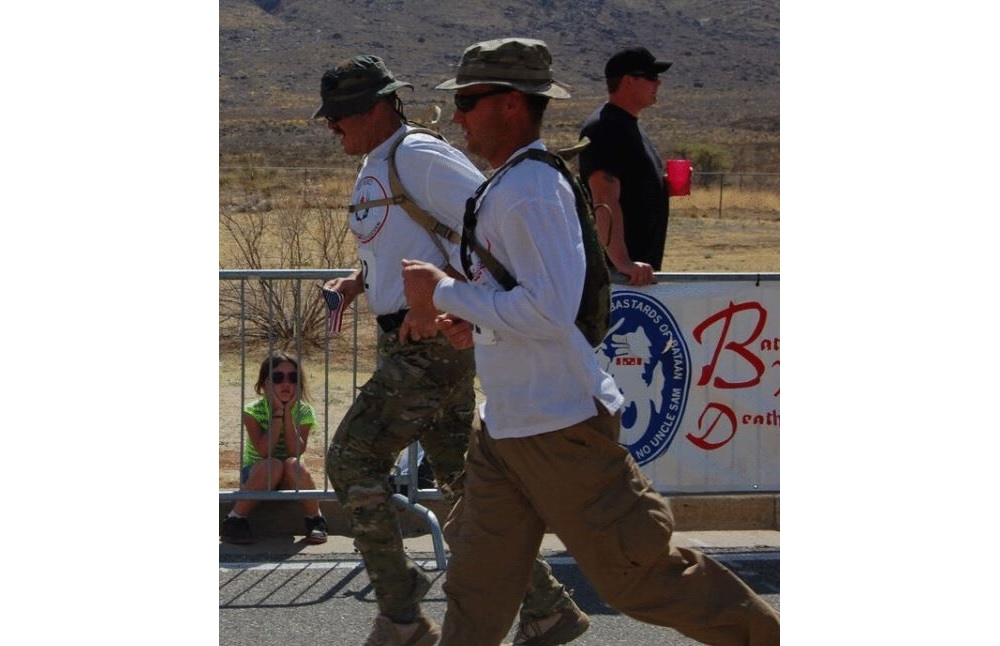
It comes as no surprise that the higher level of fitness you can achieve and maintain the better off you will be in any survival or self-defense situation. Your fitness training does not have to be based in the gym only. Outdoor activity to include hiking with a weighted pack can do wonders for building stamina. Couple that hike with an uphill grade and you will give yourself a substantial workout. This is only one option of an outside the gym exercise regime limited only by your imagination and, there are many more unique to your geographic location. Test your fitness and stamina by competing in a run-and-gun style biathlon. These events, usually in the two- to seven-mile range, will test your shooting ability, gear, stamina and mental tenacity. Go with the aim of competing with yourself and build up from there.
This list is not all inclusive, but it is a good start to the question of “Are you Ready”. Be honest and real with yourself, perhaps your needs and challenges are different in the area you live. The end result of being prepared and good training is an increase in self-awareness, knowledge, abilities and confidence to live day-to-day life. Someone once said “only a fool confuses preparedness with paranoia.” Wouldn’t you agree?

